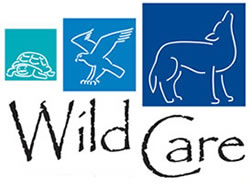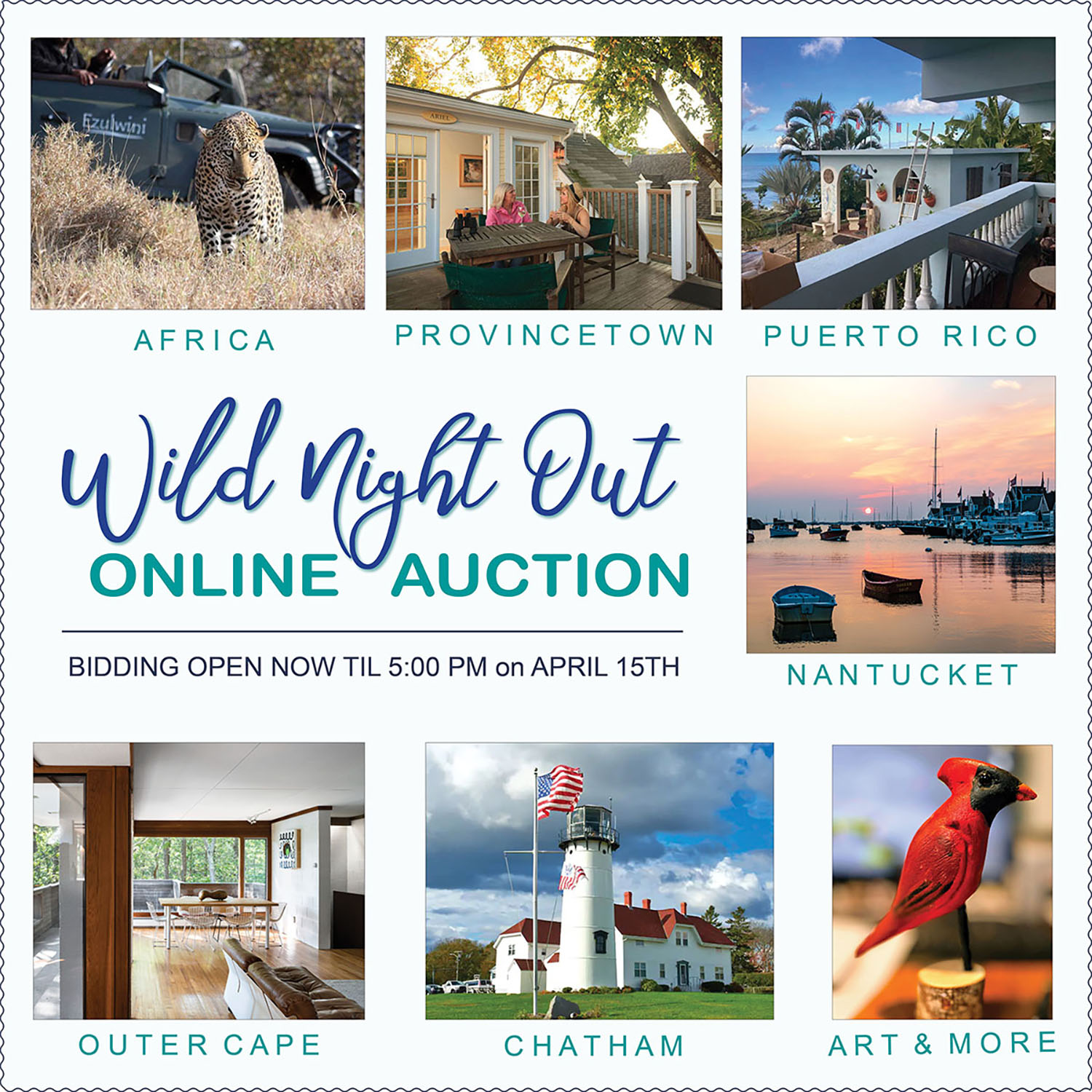
RELEASED – Swan at Salt Pond Falmouth
Our Mute Swan was released back in Falmouth after 9 weeks of supportive care and treatment for lead poisoning. The swan was brought to us from Falmouth, by Jessica Gow, Animal Control Officer from the Town of Falmouth. The bird was emaciated, weak and debilitated, and had what is considered a high level of blood lead poisoning.
Though lead shot was outlawed for waterfowl hunting in the 70’s, our waterways are still littered with lead shot, and lead sinkers. Long-necked dabbling birds such as swans, geese and ducks are most susceptible to ingesting the shot while they are foraging on our pond/lake bottoms, leading to lead toxicosis, followed by a slow and painful death when untreated. Lead poisoning is a challenge to overcome in such a large bird. It first requires removal of the lead from the gut, followed by weeks of lead chelation and supportive care.
We are grateful to have successfully treated this swan and to see it back in the wild! Thank you Jessica Gow.
Executive Director, Stephanie ~
To see the photo gallery, visit: http://www.capecodtimes.com/photogallery/CC/20170114/PHOTOGALLERY/114009999/PH/1?start=2
Wild Night Out Online Auction
READY, SET, BID… We are so excited to announce that our Wild Night Out Online Auction is now live!
READ ALL NEWS
CALENDAR OF EVENTS
04 April, 2024
Wild Night Out Online Auction
EVENT DETAILS
05 April, 2024
Wild Night Out
EVENT DETAILS
28 February, 2024
Wildlife Winter/Spring Talk Series
EVENT DETAILS

DID YOU KNOW??
Wild Care has a state-of-the-art seabird therapy pool, which allows seabirds and waterfowl to exercise on running water. This will help our bird friends recover more quickly so they can get back to their watery habitats!

